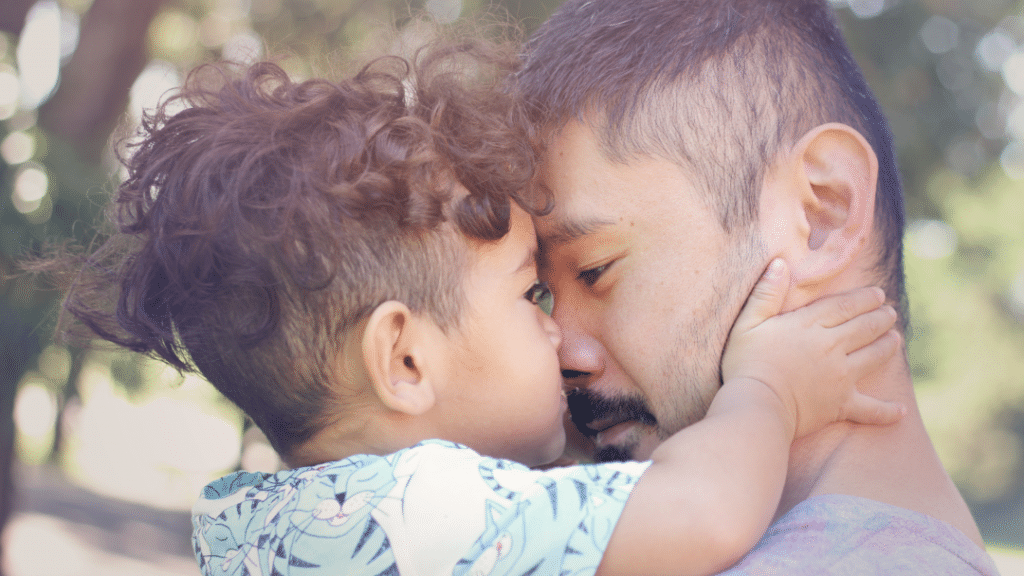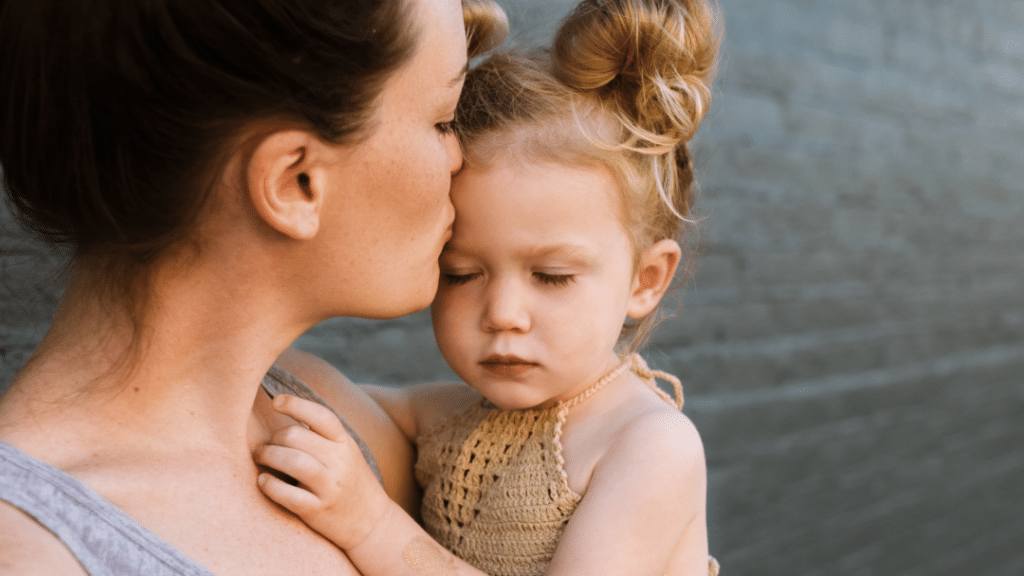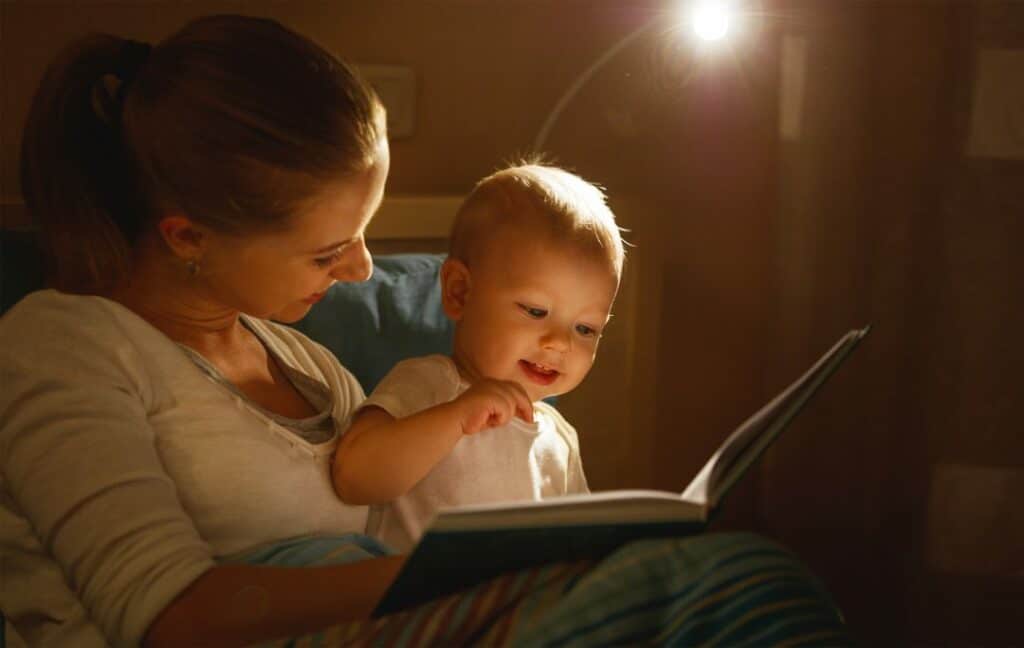I have three children who talk a LOT, often at the same time. I’m a talker, too. A big part of my job is communicating ideas. It’s why I started ParentTV, too – so everyone could have access to parenting information that was communicated in a way that was clear, factual and easy to understand.
With this job, I get a pretty big platform to make myself heard in the world, and I’ve got a few other advantages, too. My grasp of the English language is good enough that I can usually find the words for what I want to say. I’m given opportunities to speak to people who want to listen (and also to my kids, ha!). I’m a confident speaker and I try to encourage my children to be confident in how they express themselves, too.
After all, an ability to communicate effectively is one of the biggest things we want for our kids and we usually assume that verbal communication skills will be central to this. Of course, there are also many non-verbal kids in the world who can not or do not speak, and their ways of communicating are equally valid, important and valuable. But, what if your child can and does speak, but you’re the only one who can understand what they’re trying to say?
I haven’t been in this position myself but have a friend who has. She had a beautiful bond with her son as a toddler, and I kind of thought their shared language was just a part of this bond, like a special club only they had access to. I didn’t think it was a problem. I may have even told her it was cute and he’d ‘grow out of it’. But, as her son got older and their world got bigger, there were more occasions for this little boy to try and make himself understood by different people, and he couldn’t. They couldn’t. He became anxious and agitated in social situations and ended up being pulled out of school.
A few years down the track, my friend and her son have had a lot of help and her little boy is no longer little. He’s got a big selection of communication skills in his tool belt now, both verbal and non-verbal. The people around him have been educated about how they can help facilitate his communication, and he has ways to do this, too. It’s not always smooth sailing, but the weather is a lot sunnier than it used to be. My friend sometimes wonders if she should have gotten help for him earlier, but she didn’t know she needed to. I probably wasn’t the only one who told her he’d grow out of it.
Now, I don’t think my friend’s experience means we all need to be alarmist about ‘slow’ early childhood speech and language development. All children develop at different rates. But, as with everything developmental, it can be helpful to have some parameters for what’s considered ‘normal’. To explain what these parameters are when it comes to speech clarity, we’ve enlisted the help of Sonia Bestulic, speech pathologist, author, speaker and one of our newest ParentTV recruits.
Here’s what she has to say:
Speech clarity goal posts
‘You might be a parent or carer who needs to do a lot of translating about what your child is trying to communicate, or it could be that your child is getting really frustrated because they’re communicating but not being easily understood by others. These guidelines about speech clarity can help you understand if you might need to seek help from a speech pathologist.’
SONIA BESTULIC
Speech clarity at 12-18 months
‘Most children are expected to say their first words between 12-18 months,’ says Sonia. ‘Their single-word vocabulary builds into two-word and three-word phrases from around the age of 2. Translating what your child is saying in that time between 1 and 2 years is quite common.’ By about 18 months, 25% of what your child says should be able to be understood by a third person, someone who doesn’t see your child that often.
SONIA BESTULIC
Speech clarity at 2 years old
By the age of two, about 50% of what your child says should be understood by a third person.
Speech clarity at 3 years old
By around three, you could expect your child to be a lot clearer when they speak. About 75% of what your child says should be understood by a third person.
Speech clarity at 4 years old
By about the age of four, about 100% of what your child says should be easily understood by another person. As they get older and add more speech sounds into their system, their clarity increases.
If your child’s speech clarity is pretty far out of these guidelines, it could be a good idea to seek professional help. In the meantime, Sonia has two tips for what to do if your child is hard to understand:
Provide effective modelling
If your child makes an error with a word, you don’t need to push them to say it correctly. You also don’t need to teach them how to say the word by instructing them on teeth, tongue and lips placement. This usually isn’t helpful. You know what is? Effective modelling. For example, if your cold sees a dog and exclaims ‘GOG!’, you might say, ‘Dog! Wow, big dog. I like dogs!’ The idea is to reflect the correct way to say the word about three times in a conversational way. That way, they can hear how the word is pronounced correctly and they’re given context for how the word functions in language.
Reframe questions
If your child says something and you haven’t understood, don’t ask them to repeat it, because they’ll probably repeat it in the same way. If there’s something you have understood, repeat those words, and use them to reframe the question. For example, if you heard the word ‘foot’, you might ask, ‘Is there something wrong with your foot?’ If you think they’re referring to something but you’re not sure, ask them to show you or take you to the thing they’re talking about.
As well as her video on speech clarity, Sonia’s made a lot of great content for us on other aspects of early childhood speech and language development. Check them out here:











